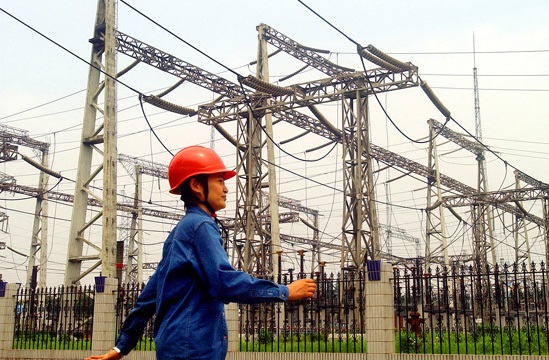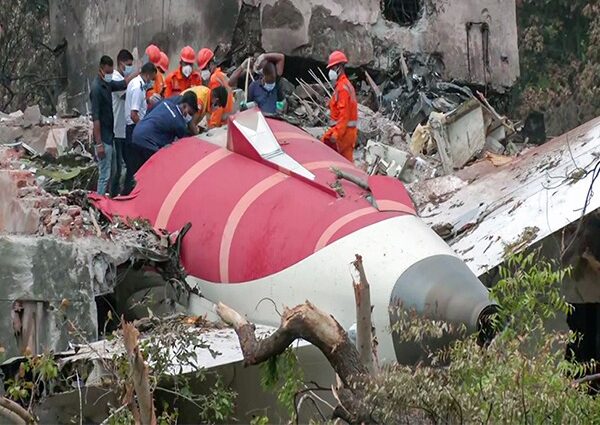
China Facing ‘Worst Electricity Crisis’ In Decades
China is facing its worst electricity crisis in decades as elevators have been turned off, stores’ opening hours have shortened, factories have had to reduce operating days and power consumption, and some provinces have experienced outright blackouts too, said a media report.
The immediate cause is that China is still highly dependent on coal, which provides 70 per cent of the country’s power generation, a media report by Foreign Policy.
However, the Foreign Policy report noted that the reasons for the crisis can also be traced back to a string of policy missteps and poorly thought-out market interventions after the beginning of the pandemic.
The energy crisis in China led to an industrial output decline in September for the first time since China started recovering from the COVID-19 lockdowns.
The central government regulates the electricity prices paid to generators, while coal prices are set on the market.
When coal prices rise, unless regulators increase electricity prices, it doesn’t make economic sense for coal power plants to keep supplying electricity. Plants can then avoid generating at a loss by claiming they have a technical malfunction or by failing to purchase the coal they need to run, both of which happened in the run-up to the current crisis, according to Foreign Policy.
The regulated prices are aimed to shield electricity users from price risks, a subsidy that comes at the expense of those who generate the power. Beijing is usually slow to raise prices because the public feels it when it does.
After Beijing started recovering from the economic shock of the COVID-19 pandemic, it was largely dependent on construction and heavy industry. The increased demand for energy caused the demand for coal to increase 11 per cent in the first half of 2021.
The development was in contrast with Beijing’s calls for a “green recovery” and reduce emissions.
The increase in the coal demand meant that the market was always going to be tight, reported Foreign Policy, adding that at that time, the focus of Beijing was on combating producer price inflation, but hiking power prices didn’t fit that agenda.
“Instead, as fuel prices started to rise on the back of the global recovery and blistering demand in China, the regulators took actions that amounted to an implicit ban on raising coal prices, and they were even considering a formal price cap. This meant that Chinese coal miners couldn’t charge the high rates that others on the market were getting abroad”, said Foreign Policy.
Failing to raise power prices and pushing back on coal price increases meant that coal plants cut back on coal purchases and ran down the stockpiles instead.
It also meant that coal mines did not ramp up output in time, as the regular price and demand signals were dampened.
Though China’s market shares of renewable and nuclear energy are rising continuously, the larger energy crisis has put China’s dependence on coal in stark relief.
“The reasons for the crisis can also be traced back to a string of policy missteps and poorly thought-out market interventions after the beginning of the pandemic,” the repot added. (ANI)



